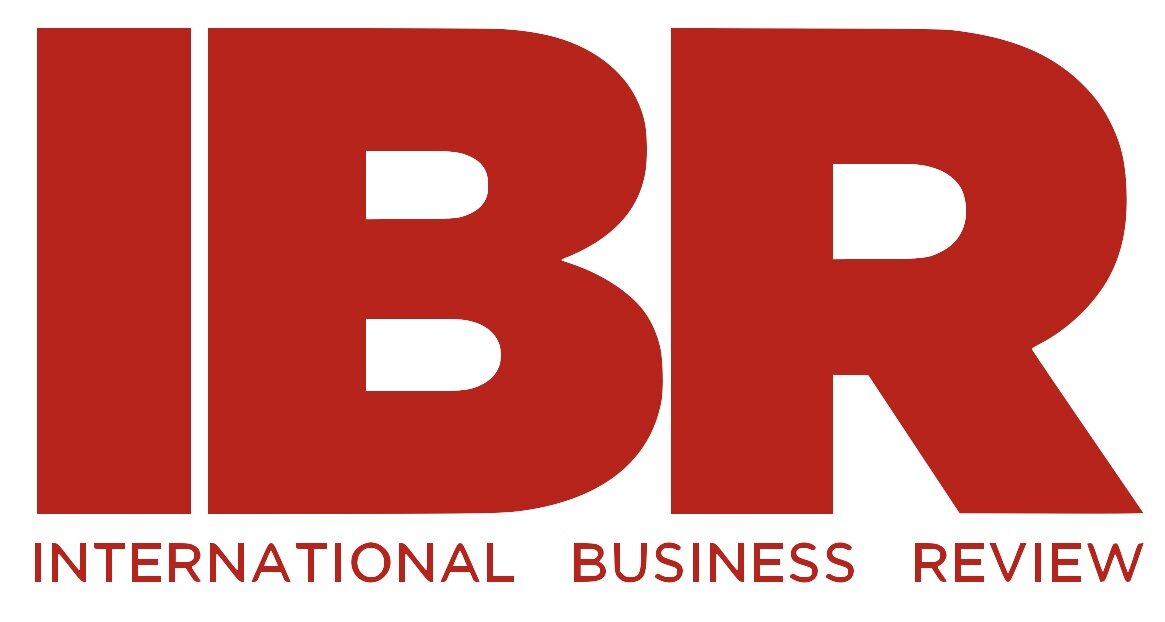How Wall Street and Silicon Valley Finance Political Campaigns - Ben Zeisloft W'22
As the United States prepares for the conclusion of its 2020 election cycle, former Vice President and Democratic presidential nominee Joe Biden is leading incumbent Republican President Donald Trump in the polls by double digits.
Joe Biden is also ahead of Donald Trump in fundraising. Part of the shock from Election Night 2016 was the fact that Secretary Hillary Clinton had managed to raise nearly twice the total funds of candidate Trump, $1.19 billion compared to $647 million, and nevertheless lost the election. In particular, Hillary Clinton’s fundraising from allies on Wall Street provided significant tailwinds for her campaign.
Data on campaign contributions are tracked by OpenSecrets, a project of the nonprofit Center for Responsive Politics that provides insight into fundraising activity in American elections. In the United States of America, organizations themselves cannot contribute to candidates and party committees. Therefore, the figures in OpenSecrets’ analysis are the sum of contributions from company-affiliated individuals.
In the 2016 race, Trump raised $248,000 from Wall Street’s largest investment banks, a meager 9 percent of the $2.8 million Clinton received from these banks. With less than one month remaining in the 2020 race, that gap has narrowed between this year’s candidates: Trump has secured $582,000 from these financial giants, representing 37 percent of Biden’s $1.6 million.
The tech industry also plays a major role in American political campaign financing. Since the last election cycle, President Trump has managed to increase his favorability among management within the FAANG companies (Facebook, Apple, Amazon, Netflix, and Alphabet/Google) due to his policy towards deregulation and push back against China. However, his Democratic rivals still dwarfed his fundraising from technology giants in both 2016 and 2020, by factors of 18 and 87, respectively.
The American campaign financing system currently has contribution limits per individual candidate, no overall contribution limits, and no campaign spending limits. This system is actually most comparable to Finland’s campaign financing laws. Campaign financing in advanced democracies can be primarily distinguished by whether they have spending limits, contribution limits, and how TV advertising is regulated.
The relationship between businesses and governments in regards to financing candidates is different around the world. For example, of the 87% of countries that had a response, 78% do not have a ban on corporate donations based on a 2012 International IDEA report. However, people have become more aware of campaign financing laws with several major corruption scandals in the 2010s, and have pushed for tougher limitations on financing.
Brazil was one country that passed a ban on Corporate Financing in the past decade and saw mixed results. Brazil faces a similar situation as the U.S. with rich company-affiliated individuals still able to donate large amounts to political funds, arguably just obscuring the motivations of big businesses. They also saw that the candidate that raises the most money is not necessarily the one that is going to win. Vocal support from key business leaders, community members, and grassroots organizations can be just as, if not more important than any amount of money.
In the U.S. it seems that financially speaking, both Wall Street and Silicon Valley influencers favor Joe Biden to Donald Trump. The Incumbent President has however managed to earn more nods from leaders within each ecosystem’s key firms. Campaign finance is just one element around the world that contributes to the complicated process of democracy. In the end, anything could happen on election day.
Ben Zeisloft is a Junior in the Wharton School. He is majoring in Economics, concentrating in Finance and Marketing, and minoring in History. He is involved with the Statesman and Christian Union. In his free time, Ben enjoys running, watching Star Wars, and studying theology.

